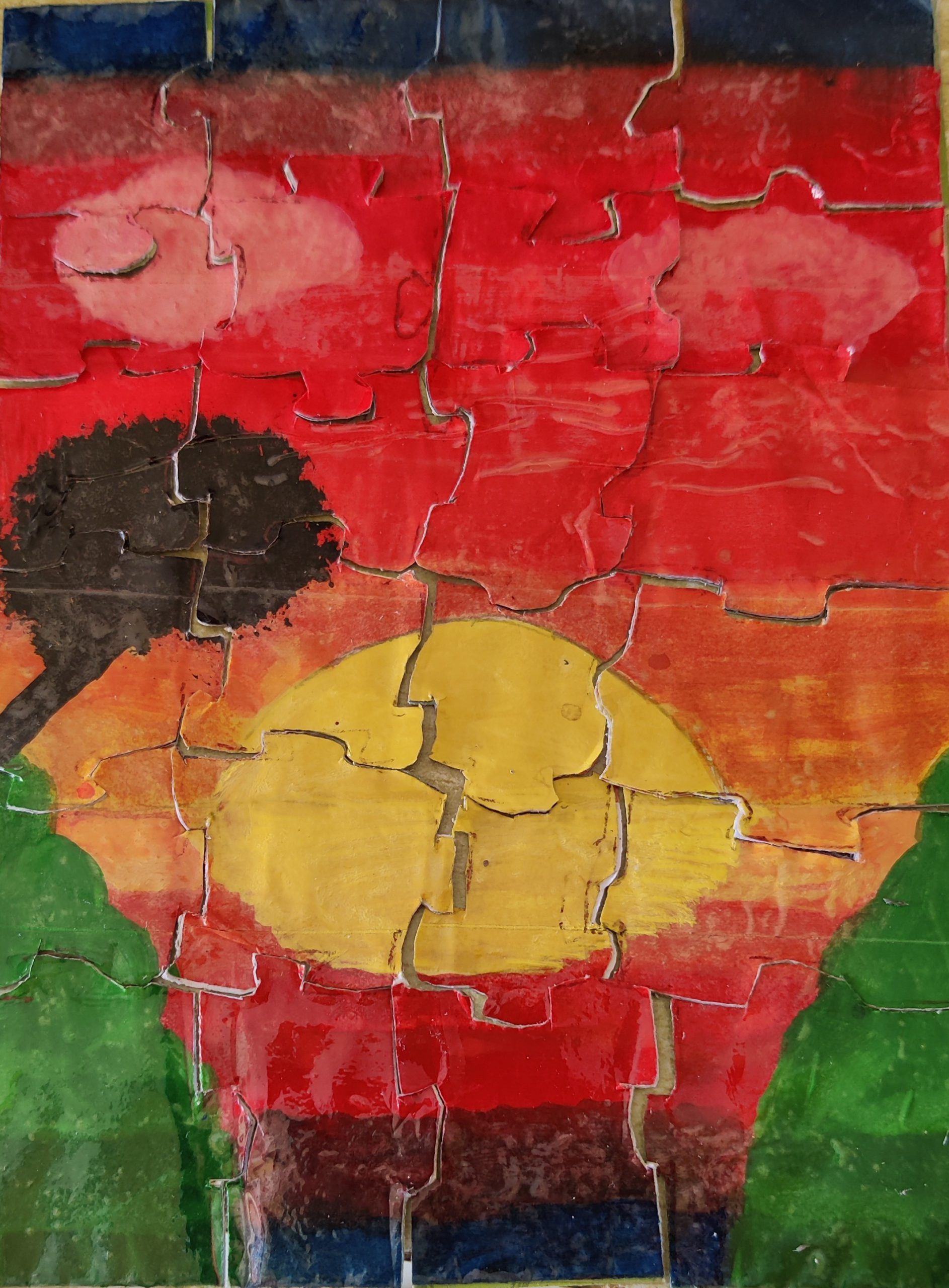Reforming India’s reservation system to unite and strengthen the Hindus


There have been many articles written either opposing or supporting the reservation system for SC, ST, OBCs, EWS and Women. All articles have their own merits.
In this article, we will discuss the below points and mainly focus on reservation for SC, ST and OBCs:
First, why the system was brought in the first place?
The Article 334, Article 16(4), 16(4A), 16(4B) and 16(6) speak about reservation. Article 334 specifies the duration for which the reservations will exist. It was originally 10 years after the enactment of the constitution, but is extended after every 10 years and is now till 2030.
India had and still has a rigid caste system. The inter-caste marriages even today are rare. This created strong boundaries within the Hindu society. It is also a fact the lower castes were less educated, their awareness was low. And that too in the jobs in private and Govt sector, the representation of lower castes were low.
Due to this reasons, the founding fathers made provision of reservation in education and Govt jobs.
How far the reservation system been effective?
The reservation has served the purpose to certain extent. Due to reservation, we see many Dalits, STs etc. in plum positions. There are Dalit entrepreneurs. The founder of Hindustan Computers Ltd(HCL), Shiv Nadar, is a Dalit.
But the current system of reservation has created another problem. For e.g., a Dalit becomes socially and economically emancipated, his/her children don’t need further reservation. BUT, by giving reservations to children of Dalits who are already emancipated, the real deprived Dalits are remaining backward.
The current reservation system doesn’t strike at the root of the problem i.e. hereditary casteism. Had the caste system not been hereditary, there would have been no need of any reservation at all.
What should be done?
Use reservation a tool to encourage inter-caste marriages. For e.g., Scheduled Castes get 15% reservation. Say if a General boy/girl if marries a SC girl/boy, then (s)he will be eligible for all reservation benefits and his/her children also. If a OBC boy marries an SC girl, then both the Husband, wife and their children shall be eligible reservations and financial benefits etc. of both OBC and SC quotas. India being a patriarchal society, the children will inherit the caste of their father and the above formula will apply on them. Such a system will break the genetic and blood boundaries which has divided Hindus so far and create a homogenous and united Hindu society.
Once, more and more inter-caste marriages occur, the caste system will vanish within 3-5 generations. After that abolish all caste based reservations.
Among other benefits, this system will destroy the aspirations of political leaders who come to power by consolidating the Muslim votes and voters from 1-2 castes of Hindus.
DISCLAIMER: The author is solely responsible for the views expressed in this article. The author carries the responsibility for citing and/or licensing of images utilized within the text.
